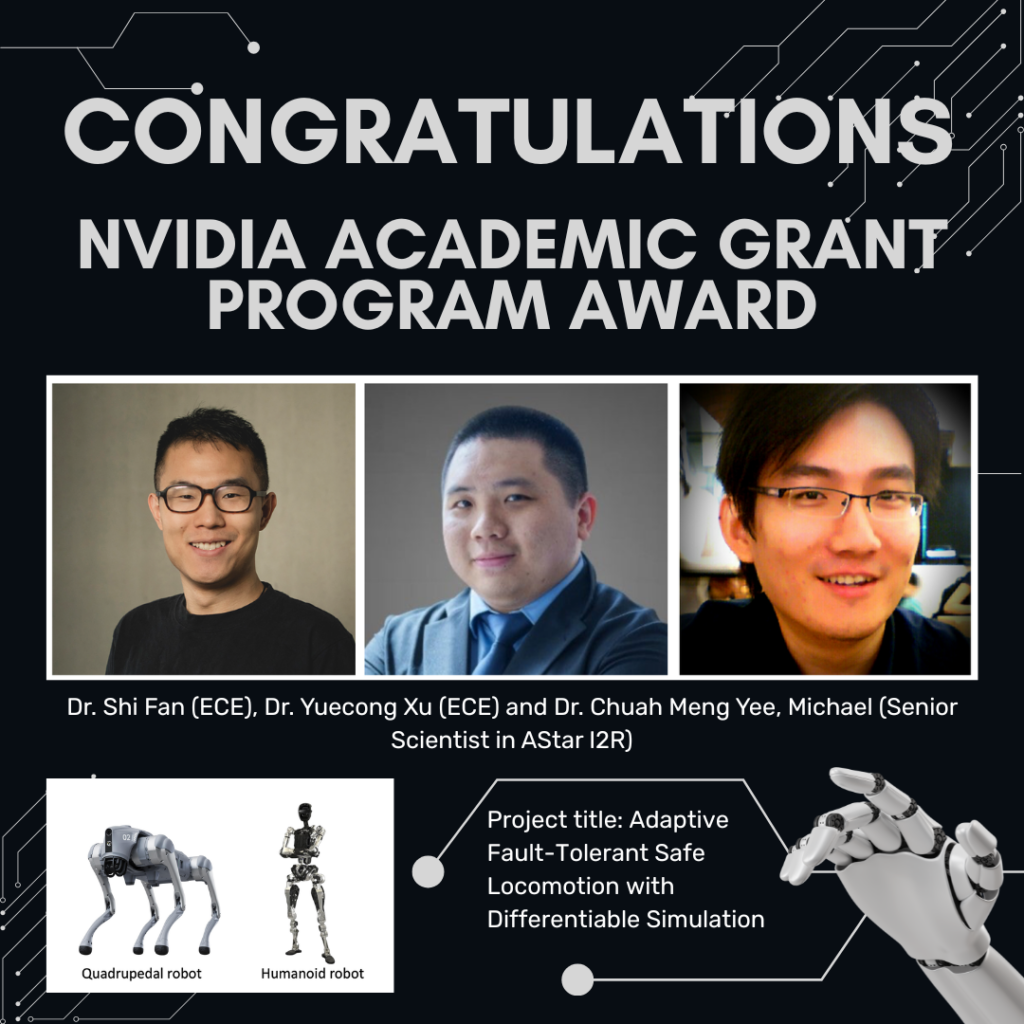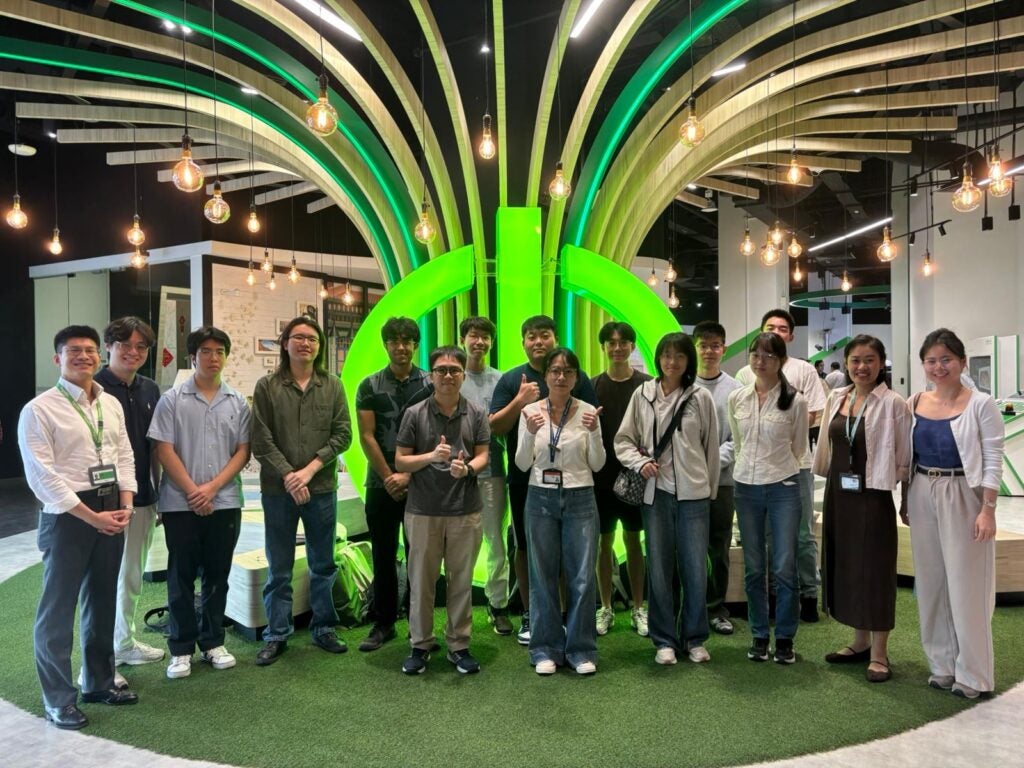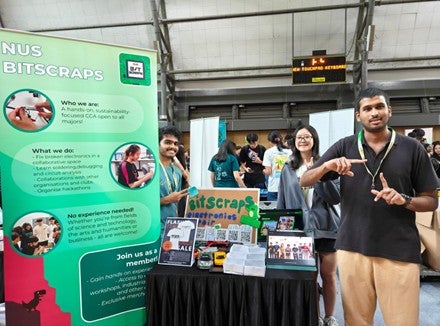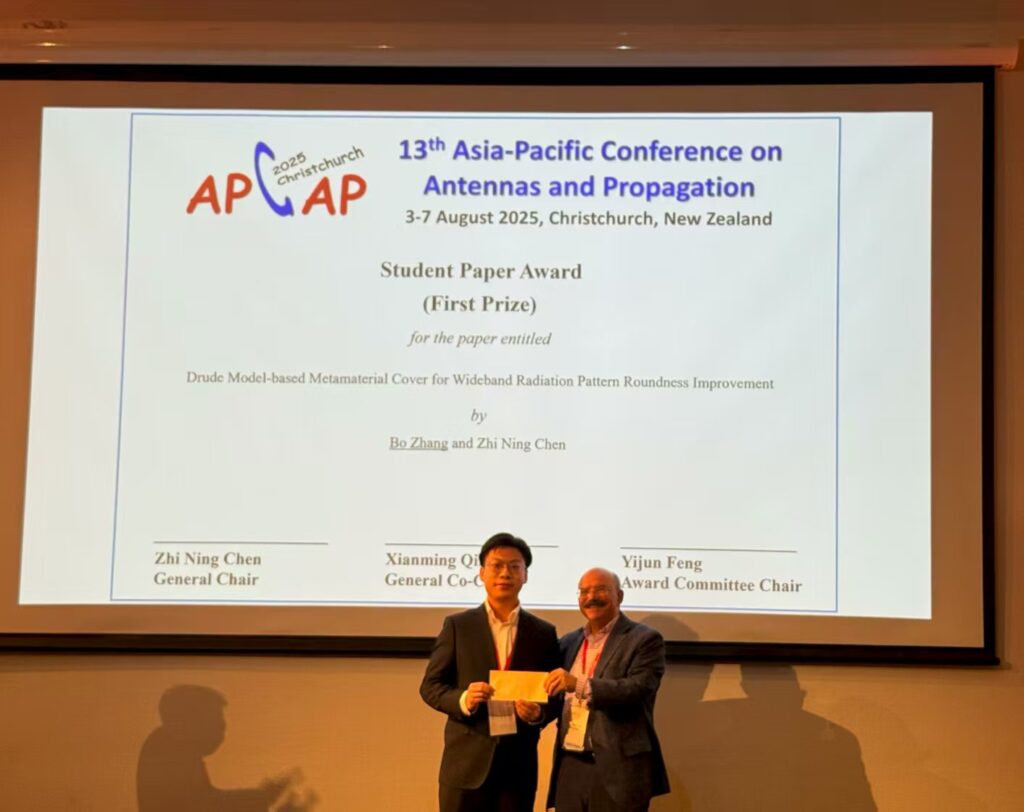
We are proud to share that a research team from NUS Electrical and Computer Engineering has been awarded a prestigious NVIDIA Award for their cutting-edge project titled: “Adaptive Fault-Tolerant Safe Locomotion with Differentiable Simulation.”
This highly competitive award, sponsored and selected by NVIDIA Corporation—a global leader in accelerated computing and artificial intelligence—recognizes outstanding research in Robotics and Edge AI. The project was selected from numerous proposals submitted by research teams around the world.
The team is led by Principal Investigator Dr. Shi Fan, with Co-Principal Investigators Dr. Yuecong Xu and Dr. Meng Yee (Michael) Chuah (Senior Scientist, A*STAR Institute for Infocomm Research).
About the Project
Recent advancements in Physical and Embodied AI have paved the way for general-purpose robots such as humanoids. However, robust and adaptive locomotion in real-world environments—particularly in applications like elderly care and household assistance—remains a critical challenge.
While model-free reinforcement learning holds promise, it is often sample-inefficient, limiting its practical scalability. To address this, the team proposes a novel integration of embodiment-aware transformer frameworks with NVIDIA’s differentiable simulation platform, Warp. This approach enables scalable and efficient learning of resilient motor skills—empowering robots to adapt to faults, uncertain terrains, and real-world complexity.
By bridging the gap between high-fidelity simulation and deployment, this research supports the development of safe, fault-tolerant robotic systems capable of operating in dynamic, everyday environments.
Support from NVIDIA
As part of the award, the team has received GPU resources and cloud computing credits from NVIDIA valued at approximately US$40,000, based on commercial pricing. These resources will significantly accelerate the research, enabling large-scale experimentation and rapid iteration.
For over 25 years, NVIDIA has been at the forefront of transforming computer graphics and accelerated computing. Today, the company is shaping the next era of scientific computing, supporting researchers tackling the world’s toughest challenges. Through the NVIDIA Developer Program, researchers gain access to SDKs, frameworks, training, and a global community to help bring their ideas to life using NVIDIA hardware and software.
Congratulations to the team for this global recognition and for advancing the future of safe, intelligent robotics at NUS!




